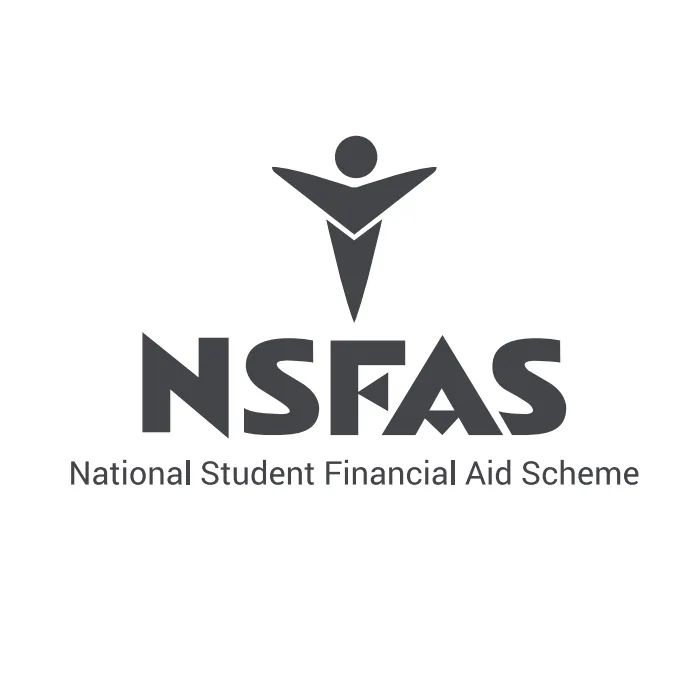By Sanele Khumalo
South African youth are constantly fighting to overcome a plethora of challenges, one of them being unemployment, there is another load to carry. The unfair defunding of students by the National Student Financial Aid Scheme (NSFAS). According to reports, in 2024 alone 10 000 students were defunded. With the rising unemployment rate and no clear solutions in place, the student funding crisis is not just an education issue but a growing economic disaster in our country.
According to an interview from Newzroom Africa, NSFAS Acting CEO Waseem Carrim, stated that the reason for the defunding of students is solely because the scheme is having more students qualifying for funding, each year than what the scheme can afford. In 2024, former Higher Education Minister Blade Nzimande reported that over 600,000 students in South Africa were unable to receive their graduation certificates due to R5,8 billion in unpaid fees.
As a student who was once a beneficiary of NSFAS funding, who also experienced losing funding in the midst of completing my undergrad studies, which of course left me with an outstanding student debt. I am deeply concerned about the recent defunding of students as it has been reported that thousands have been removed across the country due to various reasons including ineligibility and administration errors. This further perpetuates the decline in access to tertiary education for students from disadvantaged backgrounds and as a result many are forced to abandon their studies due to financial constraints. It increases the number of student debt and dropouts whereas students from affluent backgrounds have the opportunity to further their education without financial hindrances.
Background and explanation
NSFAS has been significant in providing financial assistance to students from low-income backgrounds, granting them an opportunity to access higher education and break the cycle of poverty. Since its inception in 1991, the scheme has played a pivotal role in increasing chances for Higher education access, particularly for students from disadvantaged communities and the working class. After the #FeesMustFall protests, NSFAS became a full bursary in 2018 following former President Jacob Zuma’s announcement in 2017, of a means tested free higher education policy.
NSFAS offers funding for tuition, accommodation and other primary living expenses. In essence it has helped to bridge the gap between students from different socio-economic statuses and a chance to build their future amongst the affluent.
A study by Masutha and Motala (2023) states that post-apartheid higher education has long been tasked with addressing the intolerable reality still faced by inheritors of various forms of oppression. Particularly the half of the population living below the poverty line, and the bottom 90 percent of the population who own little or no wealth.
However, since the advent of the democratic dispensation, despite NSFAS’ noticeable contribution to transforming access, a significant number of students remain unfunded, underfunded, and many graduate or drop out with significant student debts, factors that often trigger annual strikes and instability at the beginning of the academic year.
According to a report by Newsroom Afrika on the defunding of students from the University of Johannesburg (UJ), it revealed that NSFAS has over 800,000 students that they are currently funding with this year being 1.5 million students.
An interview video from Newsroom Afrika with some of UJ’s defunded students caused widespread outcry on social media, particularly on Tik-Tok,where a student revealed how they ended up being defunded due to an administrative error. It then sparked discussion and comments as many students with the same or similar issues from different institutions shared their stories in the comments section.
“I am currently home since I couldn’t register this year. I am owing the university R108k for the 2024 academic year. NSFAS did me dirty.”
“I am a DUT first year student, I also got defunded engingakusho (what can I say is that) ukuth it’s not easy especially when you’re from a poor background.”
“They said we should be educated to get work now there’s no work even for the educated, so they are cutting our ways to get educated.”
These are just some of the many comments that sparked a debate on social media on the NSFAS defunding of students debacle. It led to students opting to take part in the National March on the 24th of September which reportedly got cancelled. These comments reveal how much of a setback getting defunded has been, and this is a reality of thousands of students in South Africa. The defunding of students further exacerbates the already existing inequalities in our education system and country as a whole.
It does not just affect the students but also increases the cycle of poverty and inequality that NSFAS was specifically formed to address. Upon my observation the consequences of the defunding of students will result in the suffering of our country’s economy. Due to this, the lack of skilled and educated workers will escalate.
I believe that over the years the government has made significant progress in increasing access to higher education, particularly for students from low-income households. However, the defunding of students is reversing our progress by perpetuating inequality and limiting access to education.
One potential solution could be increased government funding for NSFAS to ensure that the scheme has adequate resources to support students, or a partnership with private sector companies that could possibly contribute to the funding of students.

